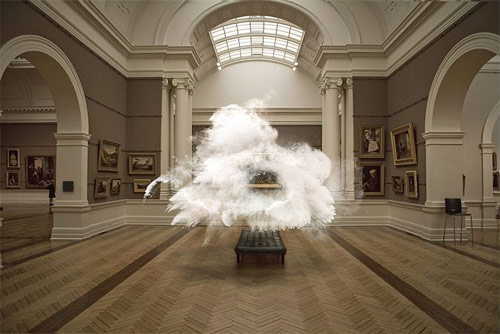Karla Kelsey uses Plato's "Theaetetus" to imagine a separate existence in thought. When reading her poems, I could imagine and feel the collecting of knowledge through life experience. Her poems made me question my use of knowledge and the power of thought. The metaphor that runs throughout the collection of the birds in the aviary creates a pivotal point from which to expand. The imagery that Kelsey uses starts at the point of the birds in the aviary but as she continues in her poems, I felt the poet freeing the birds from the aviary.
Reading this collection of poems was a somewhat freeing experience for me. It challenged my perception of the world around me and my thoughts about the world. It challenged the censorship of thought and the asphyxiating walls that confine our thoughts. Plato's "Theaetetus" sets the precedent for the book and allows the reader to enter a mindset that is prepared for the capturing and releasing of birds.
The metaphor that runs throughout the book contrasted in my mind as I read the collection. As I was reading, I longed to capture more beautiful birds to store in my metaphorical aviary but at the same time, I felt the same longing to release the birds and transcend from the scope of the aviary. Kelsey's use of varying structure is practical in this sense. She uses long breaks and empty space in several poems, while others are written in paragraph form. In "Containment and Fracture," on page 61, she says, "aviary birds of knowledge fly captive, saved from asphyxiation." This is a powerful contradiction in my mind as the birds are flying captive and as captives, they are saved from asphyxiation. The concept of captivated flying almost seems as though the birds of knowledge are slaves to the aviaries in which they are contained. I long for the asphyxiation of the free flying world when I read Kelsey's poems.

No comments:
Post a Comment